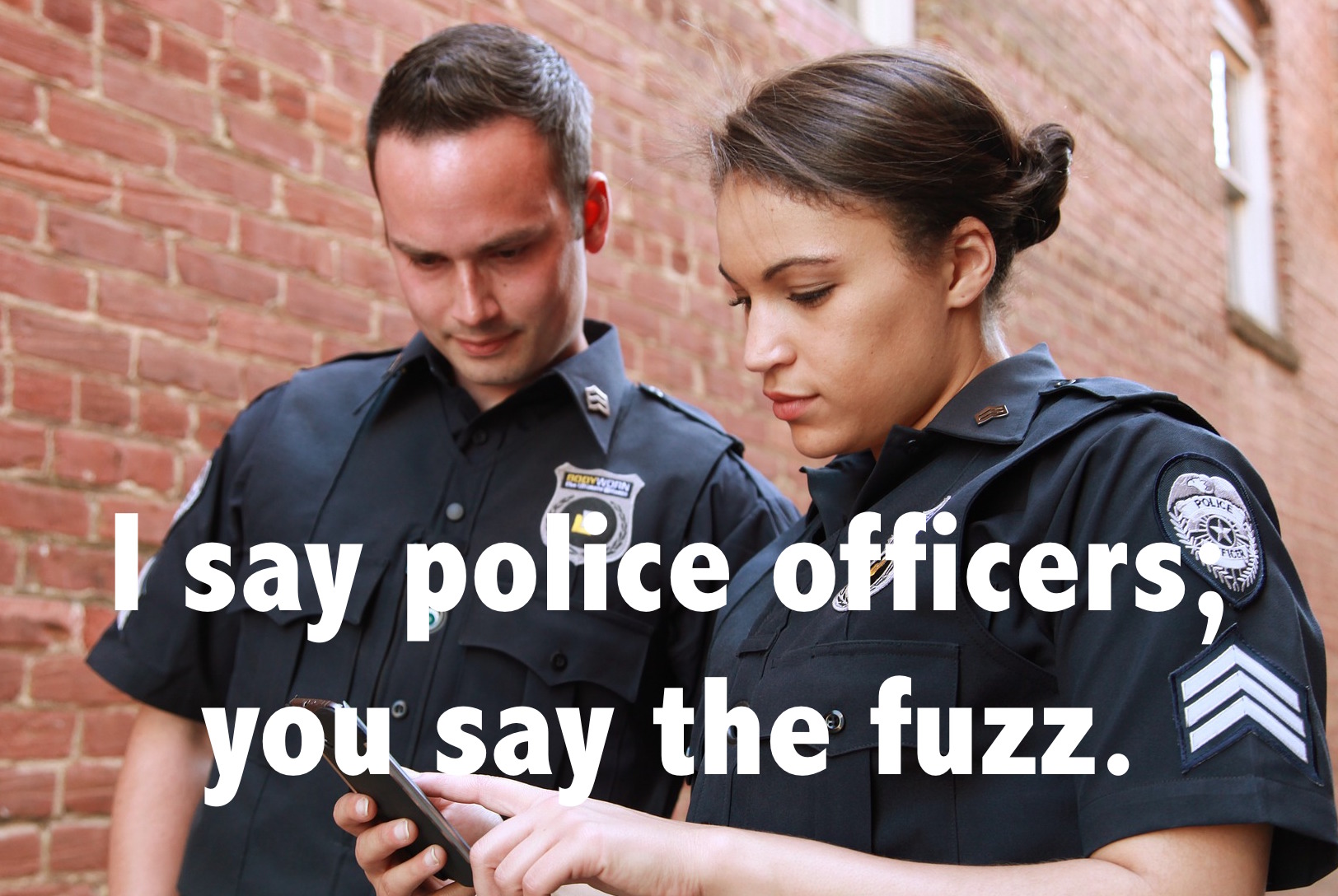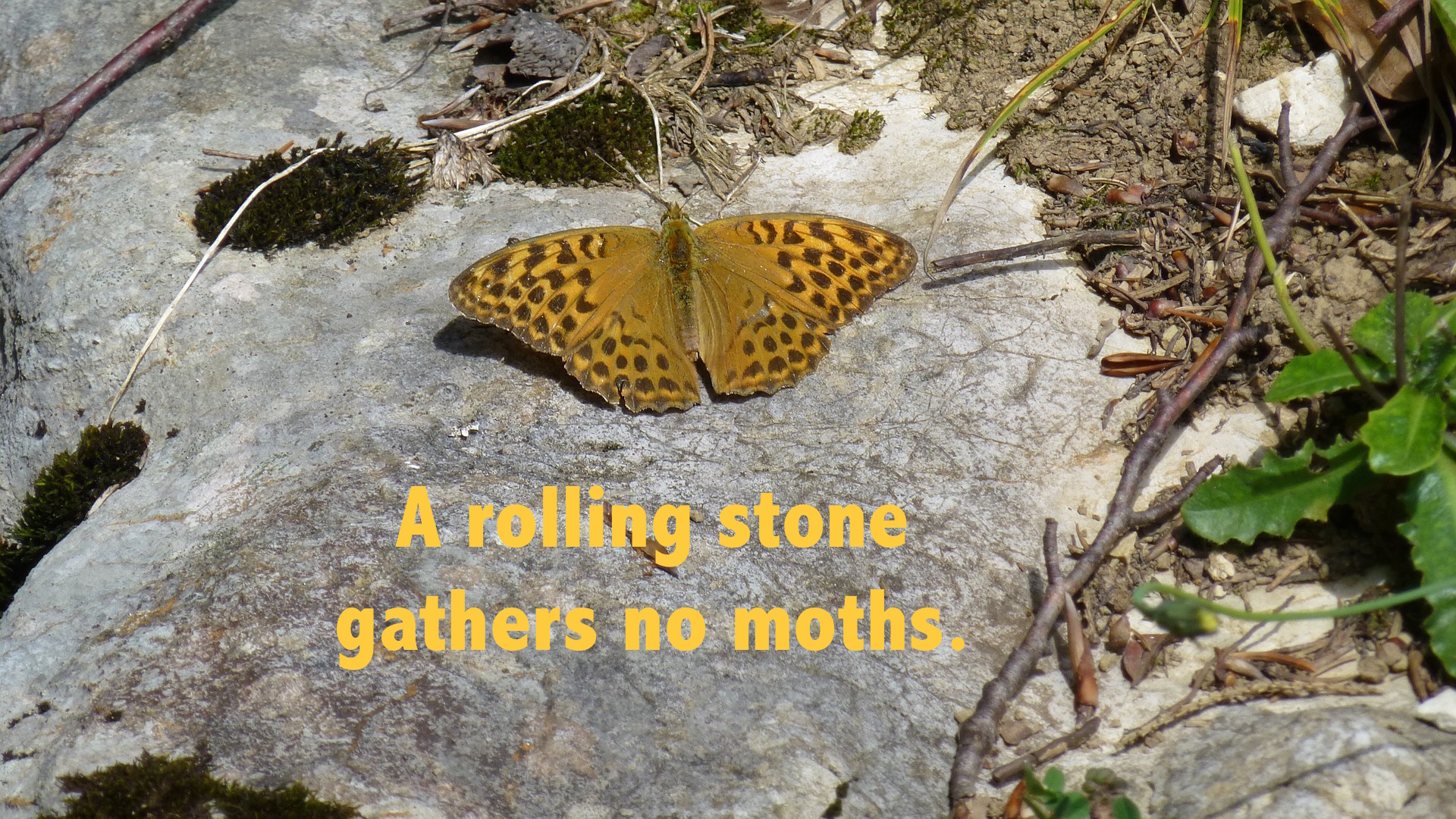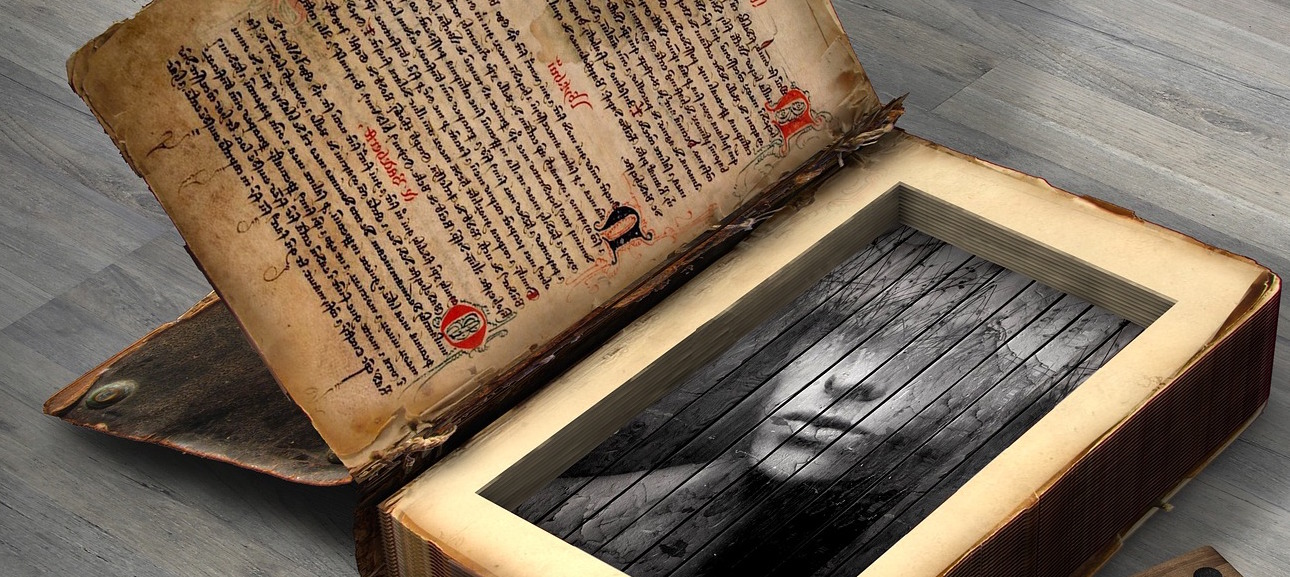
by Zoe M. McCarthy | Jun 15, 2017 | Writing
Aphorism A truth that is said in a quick and witty manner is an aphorism. Aphorisms don’t have to be humorous, but that’s half the reason we like so many of them. And aphorism’s brevity makes their truths easy to remember. An example of this literary device is...

by Zoe M. McCarthy | Jun 8, 2017 | Writing
Metonymy & Synecdoche Metonymy is a word(s) that stands in for an object or concept originally called by a different name. The Metonymy has some relationship to the meaning of the originally named entity. A woman might call a good-looking man eye candy. The man...

by Zoe M. McCarthy | Jun 1, 2017 | Writing
Malapropism Malapropism is using a word that sounds similar to the right word the writer intended to use. The word comes from the French expression mal a propos, which means inappropriate. Malapropism can be unintentional or intentional. To add humor to a story,...

by Zoe M. McCarthy | May 25, 2017 | Writing
Faulty Parallelism Parallelism is the literary device. Faulty parallelism occurs when the device takes a wayward turn from the parallel structure or format in listing or pairing items. The writer begins his sentence with two or more similarly related words or phrases....

by Zoe M. McCarthy | May 18, 2017 | Writing
Authorial Intrusion as a Literary Device In authorial intrusion, the author directly addresses the reader, intending to build a relationship with the reader on some level. This literary device was popular until the 20th century. The movie, Ferris Bueller’s Day Off...








 RSS - Posts
RSS - Posts